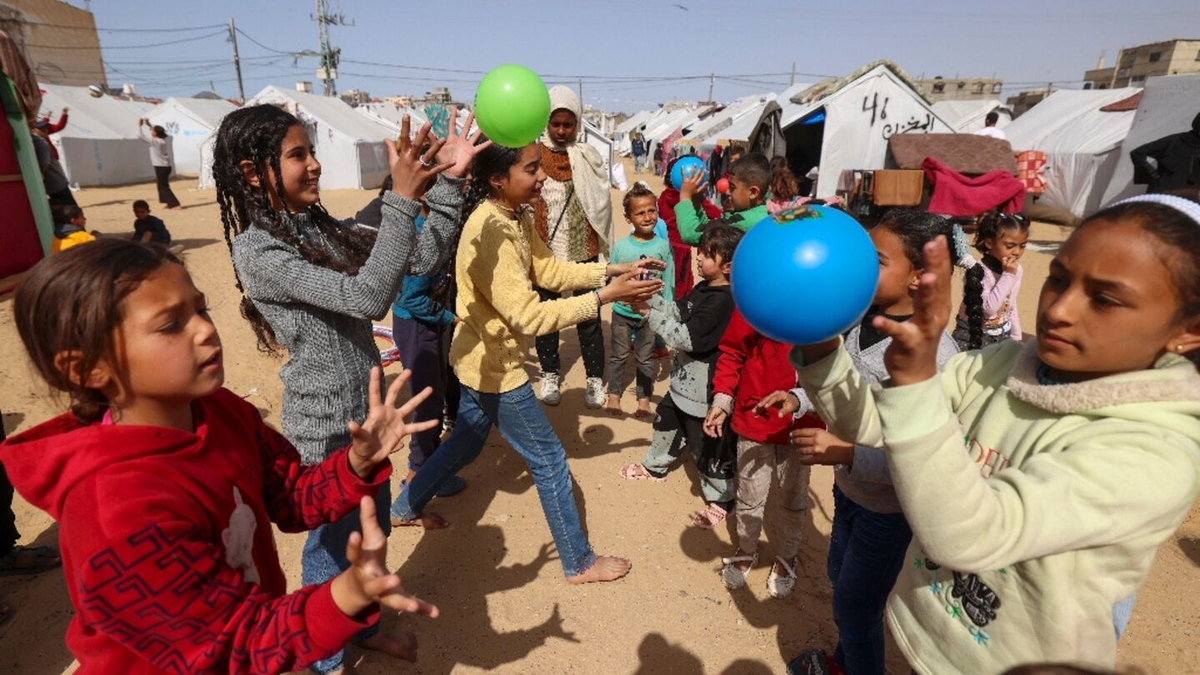
Dear friends,
I’m writing to you more than a year after Israel’s newest phase of aggression and genocide against the Palestinian people — the genocide war we have witnessed since October 7, 2023 against the Palestinians in Gaza.
While we do not have a clear sense of how many Palestinians have been killed by Israel over the last year, we know it is likely much larger than the official figure of 41,965 martyrs and 97,590 wounded, provided by the Gaza Health Ministry. These numbers include only the Palestinians who were brought to hospitals to be identified. More likely estimates are many times more than this number — in July, a study published by Lancet suggested that as many as 186,000 people might already have been killed in Gaza at that time. The fact that the official death toll has only risen incrementally since January reflects Israel’s policy of targeting hospitals and other infrastructure that provide care as well as informational services. Repeating this number does more harm than good at this point, when we know it is a vast undercount.
Among those Palestinians who have been confirmed killed by Israel over the last year, 16,900 of them are children, 171 are infants, and 710 are babies less than a year old. At least 25,900 living children have been orphaned, 3,500 are malnourished, and almost the entire population has been forcibly displaced. Many people have been forcibly displaced many times over. It is clear this is an act of eliminatory aggression against Palestinians as a whole, and children in particular.
As Israel’s genocide war expands into Lebanon, many of the same eliminatory tactics are being employed across Lebanese territory: Israel targets emergency responders and healthcare workers, bombs hospitals and residential buildings, threatens peacekeepers and destroys life-sustaining infrastructure. At least 2,083 people in Lebanon have been killed and 9,869 injured by this expanded aggression.
In Gaza, too, Israel continues to target healthcare workers and the systems they maintain. Today, the Ministry of Health in Gaza issued its “final appeal”, noting that all hospitals in the northern governorates and in the Gaza City governorate would have to stop operating due to an imposed lack of fuel — a lack brought about directly by the US-Israeli blockade on Gaza. Without these hospitals caring for the sick and injured, many more people will die. This unbelievable situation — entirely manmade and heinous — has been repeated innumerable times over the last year. And, as we know, people have died: from malnutrition, from a lack of medical supplies, from absurdly cruel wounds inflicted by US-Israeli bombs, and from an inability to access the medical services chronically ill people require.
Meanwhile, Israel has failed to cultivate even an image of victory outside of its targeted assassinations; Israeli forces are reportedly failing in their invasion of Lebanon, more missiles land in Haifa and Tel Aviv on a daily basis, and Israeli forces are invading Jabaliya refugee camp and other parts of northern Gaza for at least the third time. There is no “winning” against indigenous people determined to resist elimination, which zionists have strived to impose on Palestinians even prior to the creation of the state of Israel. There is only cruelty, pain, and bloodshed.
Though it is not only US citizens who are directly implicated in this genocide, the United States has set a new record of spending $17.9 billion on “military aid” to Israel in order to successfully slaughter Palestinian and Lebanese people, according to a recent report by Brown University. Other countries including Germany, the United Kingdom, Canada, and France, have also rallied around this grim effort, providing many different forms of support and cover.
Nonetheless, we persist knowing that this will not carry on forever. We find new ways to resist and disrupt genocide however we can. A year later, we must not ruminate in despair, but find new ways to take bold action that bring us closer to justice. Reflecting on this year over the last few days, I find myself thinking of the children in my life and what I would be willing to do to protect them; how I hope to make the world safer and more just for them. When we think about our right and duty to resist colonial violence in all of its forms in the days ahead, we should remember both the children and our hopes for them, and the many elders who have led the way hoping we would find safety and justice.
You can read our latest piece on Israel’s pager attacks here.
You can listen to our latest interview with Guerrilla History Podcast here. We highly recommend folks listen to previous episodes of this excellent podcast as well.
Until liberation and return,
Lara
The Good Shepherd Collective relies on individuals such as yourself willing to make an investment into this work. Please consider making a donate to advance this work on the ground in Palestine. Click here.
Support
The Good Shepherd Collective rejects the model of large grants from liberal institutions because of the ways it can shape the work. Instead, we premise our work in the financial investments from individuals who believe in the future we're trying to build. Consider becoming a monthly donor.
Donate